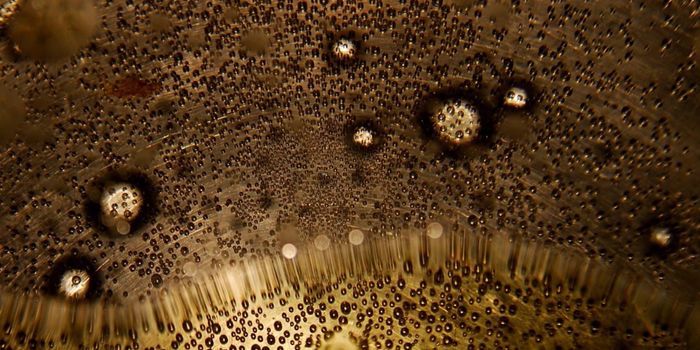A New Science Center For Brain Research
Neuroscientists all over the globe are actively looking for more effective treatments for Alzheimer's disease, but it hasn't been a very productive endeavor for most. Pfizer, once at the forefront of research into the condition has halted all of their clinical trials and will not continue to fund research for Alzheimer's.
At Arizona State University, however, their BioDesign center is poised to take on neurological degenerative diseases like Alzheimer's, Parkinson's and vascular dementia with the recent opening of the ASU-Banner Neurodegenerative Disease Research Center. The plan is to conduct cutting-edge research into brain illnesses and injuries as well as cognitive decline and the social impact the growing numbers of Alzheimer's patients will have. The numbers are a clear indication that research is desperately needed. The World Health Organization (WHO) and the Centers for Disease Control (CDC) put the number at 15 million patients in the United States. Globally, cases are hovering at more than 44 million, and those numbers are rising steadily. Experts predict that as the world population ages, there could be 115 million people worldwide living with dementia.
RELATED: Herpes And Alzheimer's
Eric Reiman is the executive director of Banner Alzheimer's Institute. He told the East Valley Tribune, "We would like to create a destination center for the discovery of a broader portfolio of promising ways to treat and indeed prevent Alzheimer's disease. We want to leverage strengths that we will generate here with complementary resources throughout the state to have the most impactful difference. Ninety-nine-point-eight percent of Alzheimer's treatments found in the last 12 years that have been discovered through traditional research mechanisms have failed to work. We're emphasizing a strategy that fosters close working relationships between researchers who study human beings with and without these disorders, along with experimental researchers who use cellular or small animal models."
The BioDesign Center was built with collaboration in mind. It will house lab space and offices for 80 lead researchers and 400 support staff. The building is 191,000 square feet and laid out like a neighborhood, to encourage researchers from different science fields to interact and collaborate with one another. Joshua LaBaer is the Biodesign Institute's executive director. He explained how the center's floor plan and esthetic would hopefully push researchers into partnering on related work, "It's meant to cause scientists to collide with each other, and that's important because it is in individuals colliding with each other that new ideas emerge."
There are already significant results coming from researchers at the center. In June, a project they were part of, along with scientists at Mount Sinai in New York, found a connection between the herpes virus and Alzheimer's which was a first. Check out the video below to see how this new epicenter of neurological research could move the needle on finding treatments for Alzheimer's
Sources: CDC, Arizona State University, East Valley Tribune









